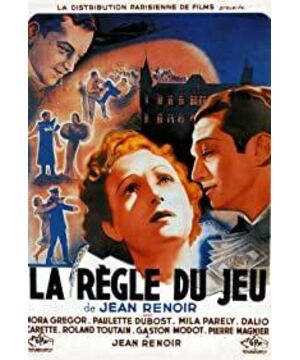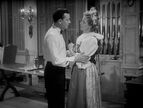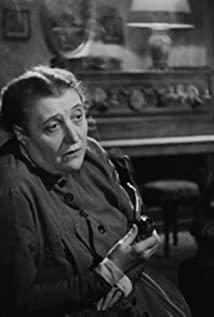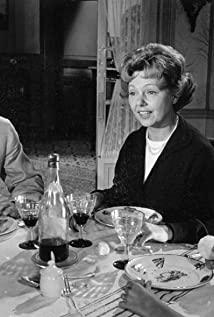France is the romantic capital of the world. Before World War II, it was also the most developed and prosperous country in the world. The French Revolution and the Renaissance revived France ever since. Among them, it is derived that the French people dare to love and love, and they are full of romantic feelings and abandon the bottom line of being a person and doing things. They dare to love and hate, and their personal emotions are greater than their collective responsibility. Today's film "Rules of the Game" is to reveal that the French, under the arms of great love, abandoned their moral bottom line and sense of responsibility as a person.
At the beginning of the movie, a large group of people gathered around the airport waiting for their hero, the national hero who spent 23 hours crossing the Atlantic Ocean, Andre, and when the hero got off the plane and met the important ministers of the country, he was there. In front of the public, he made a very childish remark. He accused Christine of hypocrisy and deceit in front of the public, and left like a child in a fit of anger. As a national hero, he did not strive for a good image for the country, and he made some naive remarks in public, which was irresponsible for himself and the image he carried.
The manor's wife, Christine, and his maid, Jesse, talked a lot about the way women get along with their male friends in the room. Their content is more avant-garde even in modern times. They treat the relationship between men and women as a kind of love. On top of the biggest, and other secular etiquette is just a cloud, what you love is the most important. At that time, it was to advocate free love, and not to be wronged by one's fraternity.
As a nobleman, Robert, the owner of the manor, does not have the temperament of an aristocrat. He is only timid and cowardly, and he is not brave at all. He is indecisive about his mistress, and he has a little less aristocratic arrogance and the feeling of ruling the world. So in the movie, he appreciates and gets along with poachers very much, because Robert only has this kind of petty ambition in his heart, but he does not have the ambition of a great aristocrat, and he does not fulfill his own family and status. Responsibility.
In fact, the film intentionally shows that people at that time, whether they are nobles, women or even heroes of the country, their own social responsibilities and the responsibilities of being a man have disappeared. In the end, Andre was shot to death by a shotgun, and a national hero died so sadly in the greenhouse in the back garden. And when he died, he didn't even have a close-up or close-up. It can also be used as a director to express that for everyone who has no sense of responsibility, this is no longer a big thing, and he doesn't want to take responsibility for this murder. This is the ill of the world to regard responsibilities and actions as dismissive. Just like in today's society, there is no longer any kind of act of kindness such as helping the elderly to cross the road. Our social responsibility has changed from helping each other to protecting ourselves now. This is a manifestation of the regression of civilization and the sadness of the cold world. Human responsibility is required.
View more about The Rules of the Game reviews











